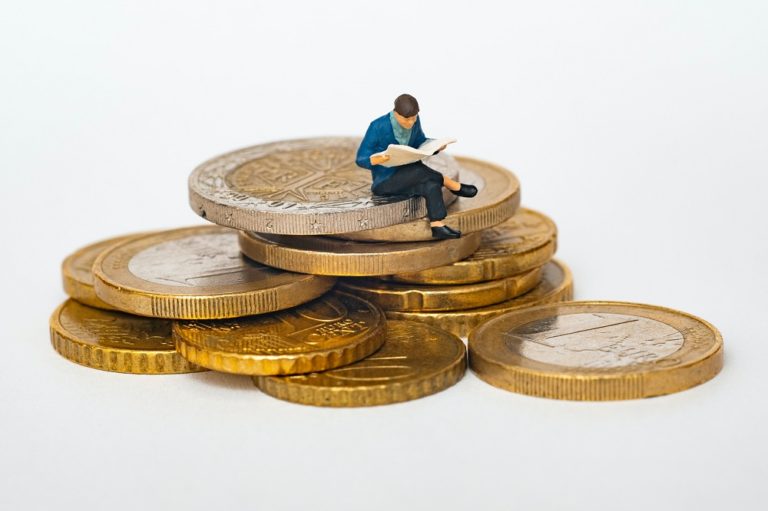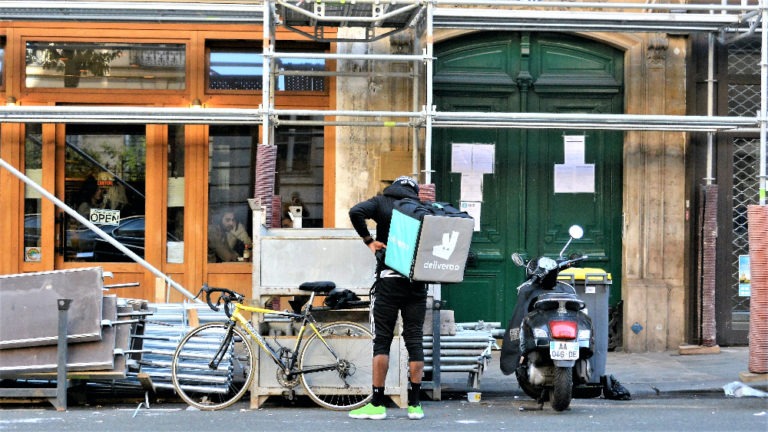Time to plan for your financial future
Money Talk is intended to inform and educate; it's not financial advice. Affiliate links, including from Amazon, are used to help fund it. If you make a purchase via a link marked with an *, Money Talk might receive a commission at no cost to you. Find out more here.
We are on the cusp of change this week.
Next week, deeper lockdown restrictions will kick in, triggering another devastating blow to the economy.
And across the Atlantic, we have the US elections, which is looking neck-to-neck.
All of that has triggered a lot of uncertainty and we can see it reflected in stock market reactions.
This week, the FTSE 100 hit a six month low, nearing to where we were back in March when the lockdown first kicked in, triggered by fears over tighter restrictions as well as uncertainty around the new vaccine.
Over in the US, the Dow Jones has just finished its worst week since March, attributed to poorer than expected performance of tech companies.
And it’s poised to react to the election results next week, which could mean polarising outcomes for the next four years.
But despite all the uncertainty, I think now is the perfect time to plan for your financial future.
Why it’s time to plan
First, any redundancies due to take place during this period will realistically have already taken place, although we don’t quite have the figures to show for it yet.
There will be more in the coming months, but with the promise of a vaccine on the horizon, things will ease up.
Second, what we’ve seen so far in this pandemic is that every time stricter lockdown measures have been announced, Rishi Sunak has come through with further support for businesses and individuals.
This includes the last-minute furlough extension.
He doesn’t always get it right, the support doesn’t cover everyone, and the amount of support is falling, but there remains a cushion.
What’s of greater concern is the longer term recovery of the economy – say the next two to five years – but we’re too early into the second wave to predict what will happen next.
So instead of dwelling on that, we should focus on what we can change.
Third, from what we know of markets, they are always sensitive and volatile. But after a dip or even a crash, they will always grow – it just takes time.
For most investors, it’s all about the long game and you should bear this in mind.
What it means for you
So how do you plan for so much uncertainty?
Well, rather than trying to look too far ahead, I would suggest looking at the next year. Or even the next six months if you’ve been financially impacted by coronavirus.
Incidentally if you have lost a job or work, networking and letting everyone know you’re open to work might be more fruitful in the short term than trying to apply for jobs.
And if you’re suffering financially, you should look for help from a debt charity who can offer free advice.
First, shore up your emergency fund.
You should have a minimum of six months of living expenses (including food, bills, rent/mortgage etc), but ideally up to a year.
Put six months of it in an instant access savings account or similar where you can easily withdraw the money without penalty.
The remaining six months’ worth of funds could go into a notice savings account, which could potentially offer slightly better interest rates.
It’s also time to revisit the amount you’ve planned for your emergency fund now and see how much margin you’ve left – is there a cushion if your boiler breaks for example, or if you need to buy a new fridge?
It’s worth considering revising up the amount you put away for the emergency fund by 5 or 10% because, with Brexit and the pandemic, things will get more expensive in the coming year.
Second, if you have savings over and above what you need for an emergency fund, it’s time to consider your options, especially given falling interest rates.
If you’re saving, look into a fixed-term savings account of a year or longer.
The interest rates are higher and, if you’ve used up your emergency fund, you know that money will be available to you afterwards.
A regular saver might also be a good alternative, as many are offering higher interest rates than fixed-term options right now.
If you have an appetite for risk, now may be the best time to look into investing.
While the markets are down, the opportunity for growth is bigger – but you should always bear in mind that unlike savings, your money is at risk and you could end up with less than you started, so never invest more than you can afford to lose.
A stocks and shares ISA could be a good option to start with thanks to the tax benefits – you have an allowance of £20,000 each year for ISAs.
Most will let you take money out any time, but to get the most out of it, you should stay in for three to five years or longer.
Of course, if you need the money, you should take it out and use it rather than getting into debt.







